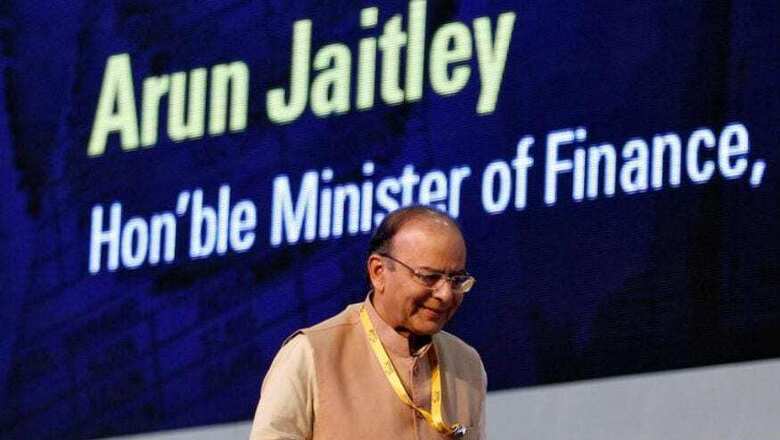
views
The Finance Ministry is using a "Back Door" route by including non-finance related amendments to the Finance Bill 2017 in order to bypass the Rajya Sabha and amend laws, the opposition alleged, thus diminishing Parliament’s prerogative to frame laws.
Finance Minister Arun Jaitley introduced as many as 40 amendments to the Finance Bill. The Finance Bill is a money bill passed every year in Parliament’s budget session which gives the budget a Parliamentary stamp of approval. A money bill does not need approval by the Rajya Sabha.
However this time around, many of the amendments are not related to finance or taxation, which are the usual domain of a finance bill. According to the Opposition this is being done in order to bypass the upper house of Parliament, where the BJP doesn’t have a majority.
Parties like the Trinamool Congress and Biju Janata Dal have protested this move by the government calling it a "backdoor entry" to amend the laws.
For instance, amendments to the Employees Provident Fund, Smuggling and Foreign Exchange Act, Telecom Regulatory Authority of India Act, Companies Act and the Information Technology Act have been included in the Finance Bill. The aim is to reduce the number of tribunals specified in each instance by the Acts.
For instance, the Competition Commission of India and the Competition Appellate Tribunal is being merged into the National Company Law Appellate Tribunal.
The Finance Bill is being debated in the Lok Sabha currently. Once it is passed the provisions of the Budget for 2017-18 will have Parliamentary and legal backing. Since the BJP has a majority in the lower house it will not be a problem to pass the bill.
Other amendments relate to cash transactions and changes to the Aadhar law.
Cash transactions are proposed to be capped at Rs 2 lakh. This is being seen as part of the government’s wider efforts at curbing illicit cash transactions and black money. Also, Aadhar is sought to be made compulsory for filing tax returns.
An analyst told News18 that the significance of the amendments didn’t lie in the impact they would have, but sneaking it through the “backdoor”, without discussion in the Rajya Sabha.




















Comments
0 comment